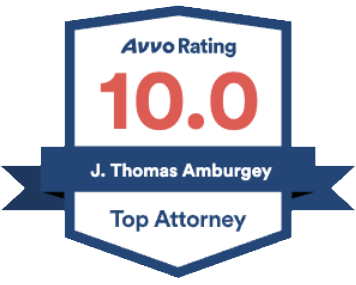Assault with Intent to Kill in North Carolina
When prosecutors allege assault with intent to kill, they are claiming that the defendant not only committed a violent act but did so with the goal of taking another person’s life. These are among the most serious assault-related charges in North Carolina and can result in decades in prison. If you are facing this level of accusation, you need a Board Certified Criminal Law Specialist with proven trial experience.
What Is Assault with Intent to Kill?
Assault with intent to kill is not a standalone statute in North Carolina—it’s typically charged under broader categories such as assault with a deadly weapon with intent to kill or assault with intent to kill inflicting serious injury. These are Class C or Class E felonies, depending on the level of injury caused.
Key Elements the State Must Prove:
- The defendant committed an assault
- The assault involved a deadly weapon
- There was an intent to kill
- In some cases, the victim suffered serious bodily injury
These charges often arise from shootings, stabbings, or brutal physical attacks. Prosecutors will lean heavily on witness testimony, forensic evidence, and statements made during or after the incident to prove intent.
Penalties and Real-World Consequences
- Assault with intent to kill, inflicting serious injury: Class C felony, potential sentence of over 15 years with aggravating factors
- Assault with a deadly weapon with intent to kill: Class E felony, still a multi-year prison exposure
- Long-term felony record and violent offender status
- No eligibility for certain forms of expungement or early release
State vs. Federal Jurisdiction
Most assault with intent to kill charges are handled in North Carolina Superior Court, but the case may become federal if the crime occurred on federal property or involved federal employees. Additionally, any nexus to firearms offenses, drug trafficking, or organized crime can open the door to federal prosecution. As Thomas Amburgey continues expanding into federal criminal defense, his deep felony trial background and prosecutorial insight will serve clients facing crossover cases.
Why Intent Is Everything
The difference between a conviction for simple assault and a Class C felony is often the question of intent. Did the accused truly intend to kill? Or was it a reckless act, a defensive maneuver, or something else entirely? Thomas Amburgey knows how to pressure-test the State’s narrative and hold them to their burden of proof, especially in cases with heightened stakes.
What Clients Need to Know
- These are among the most serious non-homicide felonies in NC
- Intent to kill must be proven beyond a reasonable doubt
- Use of a deadly weapon significantly enhances penalties
- Cases may be prosecuted in state or federal court
- A trial-tested defense attorney is critical
Put a Proven Trial Lawyer in Your Corner
If you’ve been charged with assault with intent to kill, your future depends on what happens next. Thomas Amburgey has handled some of the most serious violent crimes in North Carolina courtrooms and brings unmatched credibility as a former prosecutor and Board Certified Specialist in Criminal Law. Don’t gamble with your life—demand elite representation.
Call now to schedule a confidential case review.
Recent Articles


CERTIFIED LEGAL SPECIALIST

THE LEGAL ELITE

Best Lawyers in America





